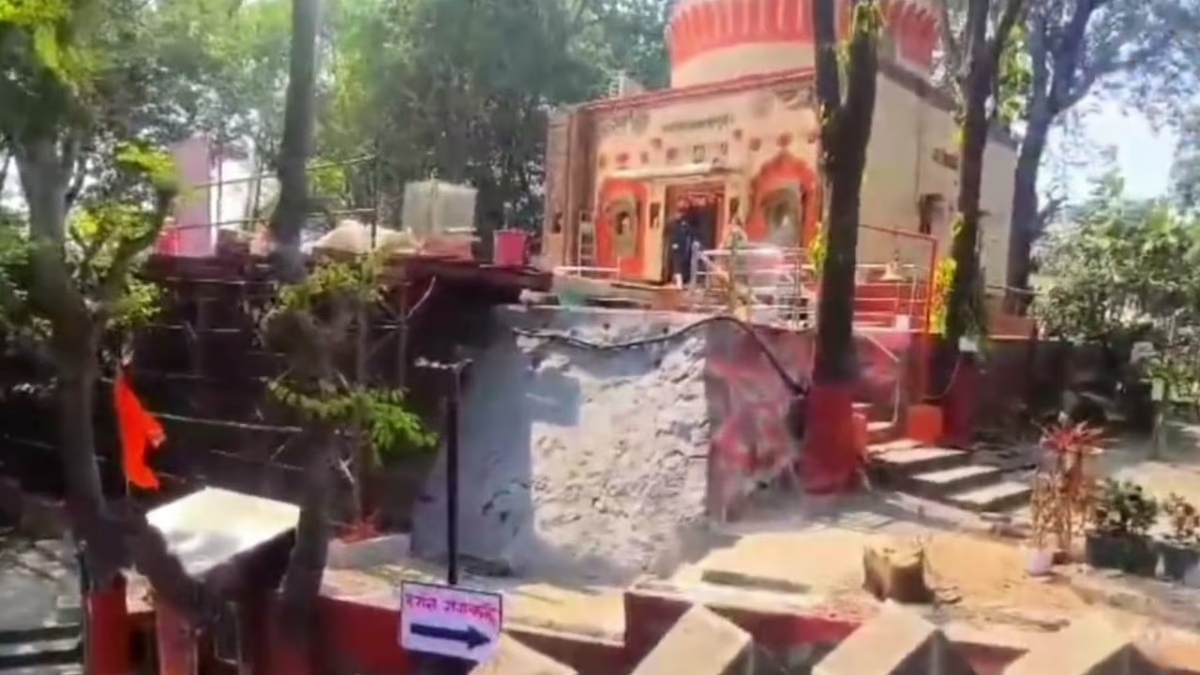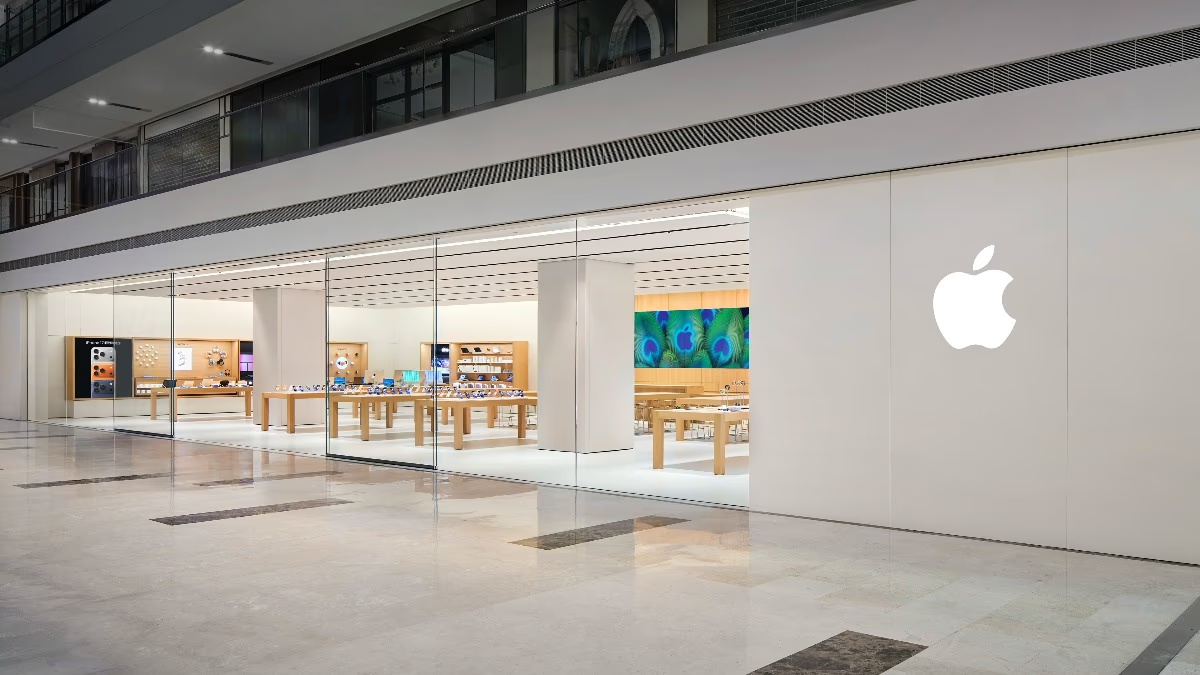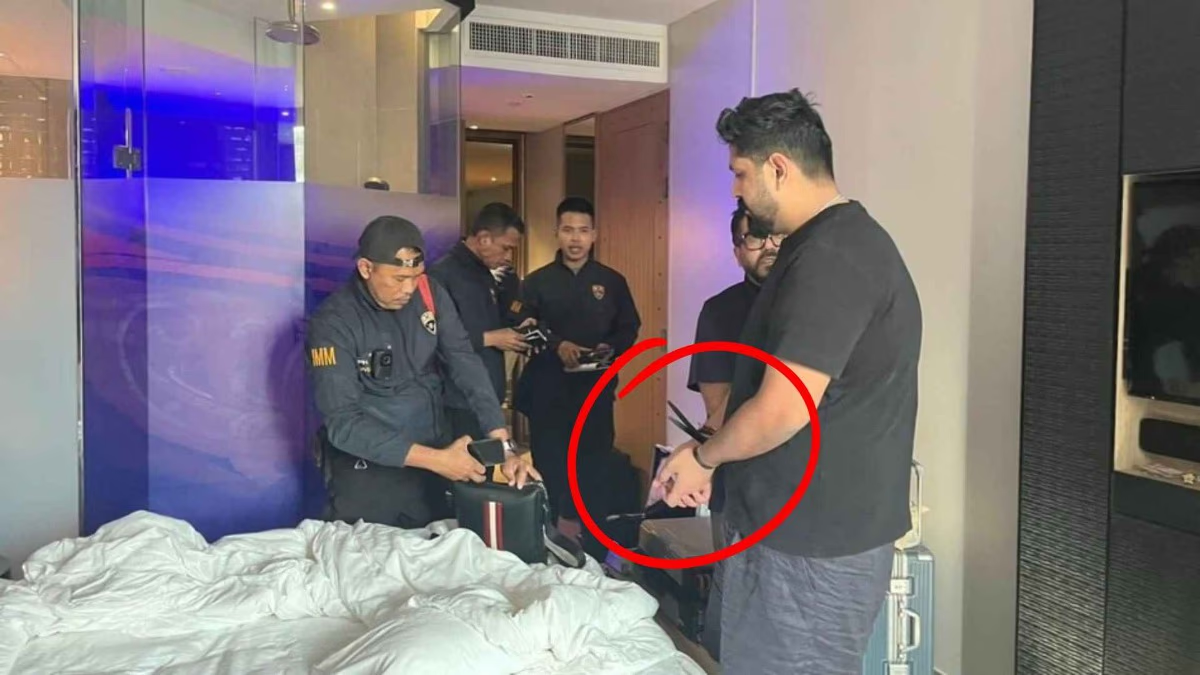In a landmark decision, the Kalyan Sessions Court has brought a conclusion to a 48-year-old debate surrounding the historic Durgadi Fort in Thane, Maharashtra. The court announced that the site, previously mired in controversy, is indeed a temple and not a mosque, while retaining its status as government property. This quieted a nearly five-decade-long legal battle and inspired jubilant celebrations, including a ceremonial worship of Goddess Durga by Hindu organizations and Shiv Sena representatives.
Justice A. S. Lanjewar of the Kalyan District and Sessions Court endorsed the claim that a Hindu temple stands within Durgadi Fort. Lead petitioner and Hindu Forum spokesperson, Dinesh Deshmukh, related to the press that the court had dismissed requests to transfer the case to the Wakf board, upholding its jurisdiction over the matter.
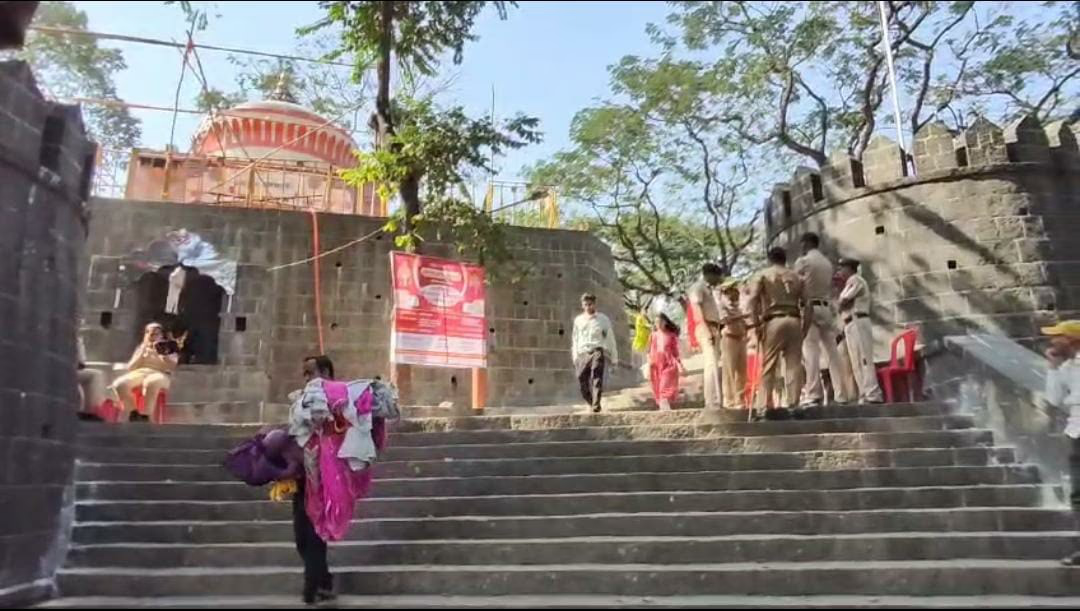
Source: aajtak
The legal journey began in 1971 when the Thane district collector declared the site as a temple. This pronouncement faced challenges claiming the site to be a mosque. In 1975-76, the Muslim community filed a petition claiming it was a mosque, resulting in a decades-long legal wrangle, with Dinesh Deshmukh staunchly arguing the case for the temple’s historical claim. Noteworthy advocate Bhausaheb Modak presented evidence highlighting temple features at the site, such as structures for idol placement, contrasted with characteristics typically absent in mosques, such as windows typically designed for temples.
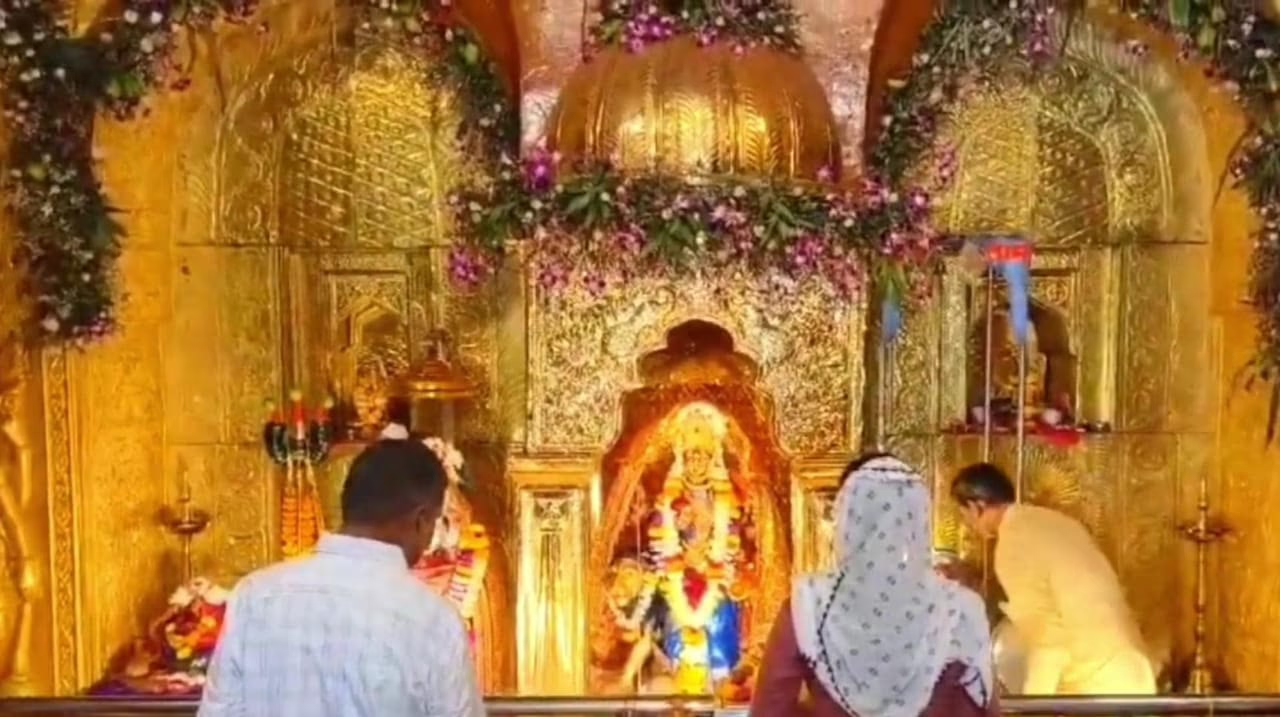
Source: aajtak
Amidst the legal proceedings in the late '70s, the Shiv Sena and various Hindu organizations launched the 'Ghantanad Andolan' campaign under the leadership of Bal Saheb Thackeray and Anand Dighe, advocating for temple rights which sparked significant social movements for religious identification at Durgadi Fort.
Dinesh Deshmukh clarified that this action was pivotal in affirming the site’s status as a temple back in 1971 in official records. Skepticism about the fort’s religious designation fueled arguments that the property was a waqf and under needed different oversight. Despite this, the Kalyan District and Sessions Court remained resolute in its verdict, rejecting claims for jurisdictional transfer to the Wakf Board, cementing that the structure is indeed a site for Hindu worship.
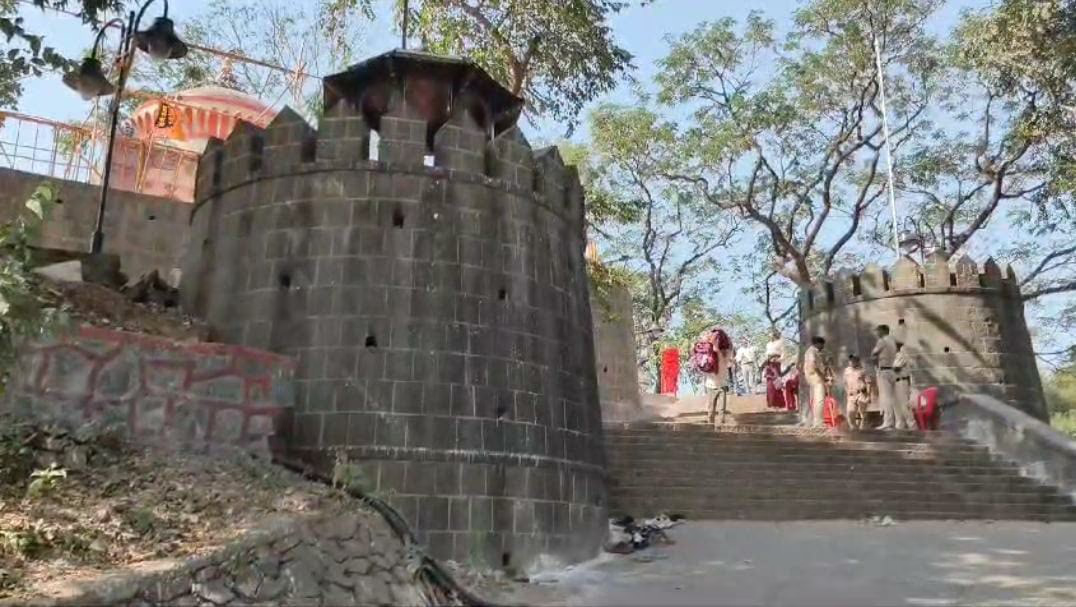
Source: aajtak
The Movement and Shiv Sena's Role
The 'Ghantanad Movement' initiated in 1976 by Bal Thackeray and Anand Dighe galvanized community efforts to assert temple rights at Durgadi Fort. This campaign mirrored by annual protests by Shiv Sena and other groups against any alteration to temple status maintained public and political momentum for nearly fifty years.
The court was presented with a comprehensive narrative by advocate Bhausaheb Modak championing the temple’s right, emphasizing features such as windowed structures absent in mosques and a designated pedestal for deities, all characteristics traditional to Hindu architecture.
Acknowledging further petitions, the court opposed any jurisdictional transfer, holding firm on its conclusion that the historical context and architecture of the fort substantiated its temple status, disregarding assertions of Islamic architectural presence.
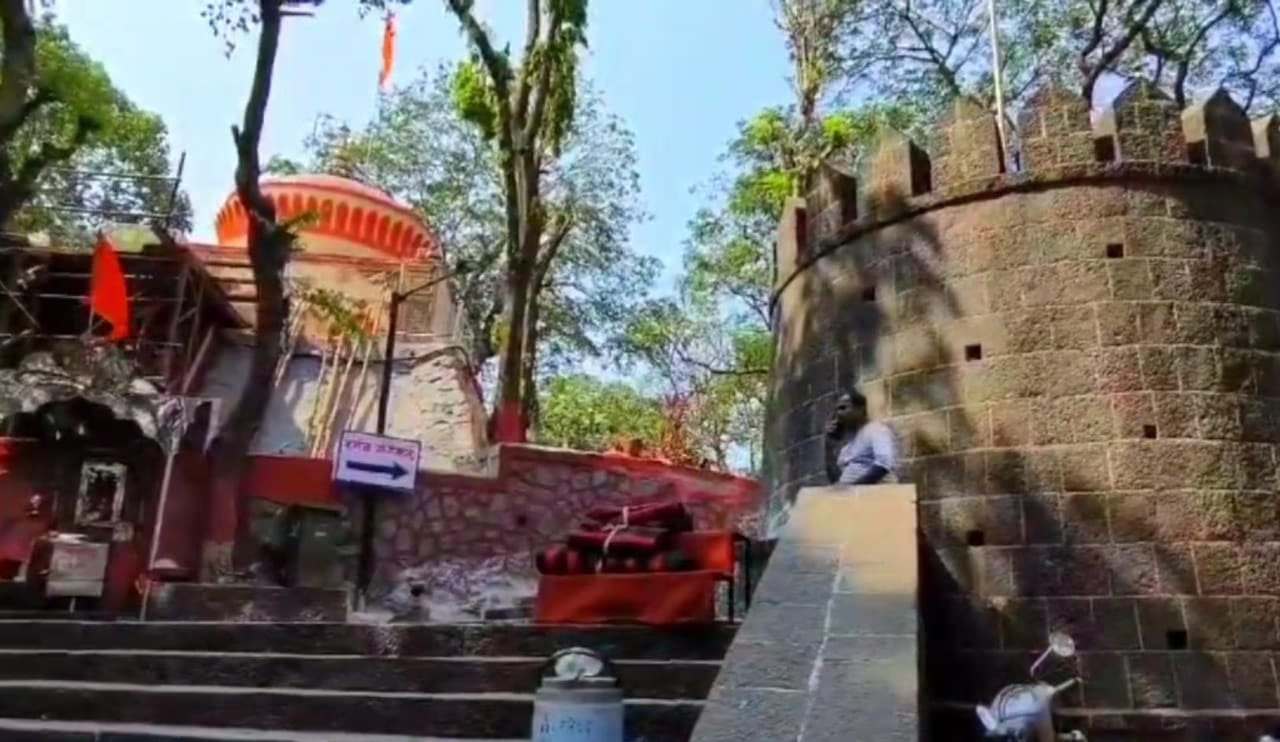
Source: aajtak
Deputy Commissioner of Police Atul Zhende informed of the heightened security across Kalyan following the verdict to maintain peace. As the final ruling aligns with the existing governmental stance, the court’s decision fortifies the narrative that Durgadi Fort is indeed a temple, rewarding decades of advocacy and religious devotion of local communities while ensuring historical integrity is preserved.
Government Attorney Sachin Kulkarni indicated the future focus on the preservation of the site's historic and architectural features, slated as essential government property. Despite a petition asserting the existence of a mosque in the location, the court denied these claims, reinforcing the temple status and recognizing its delicate historical context.
